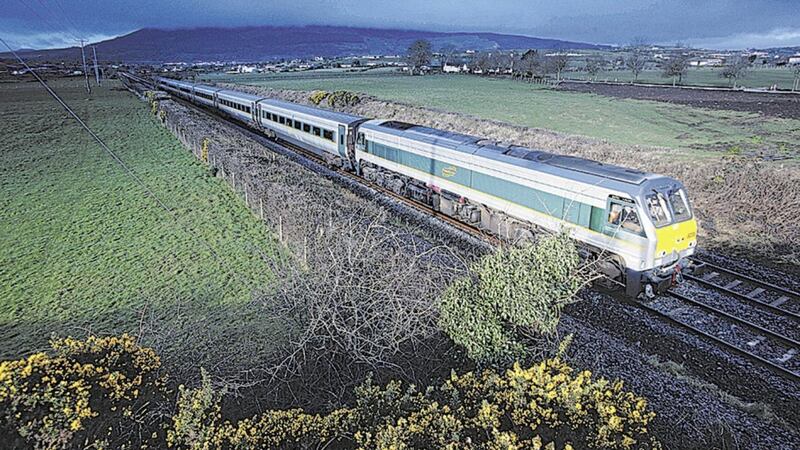A new body tasked with investigating outstanding cases from the Northern Ireland Troubles is to look at the death of a teenage IRA member who was killed by the British Army in 1972.
The Independent Commission for Reconciliation and Information Recovery (ICRIR) will also examine the murder of a retired RUC reservist and his wife in Belfast in 1990.
The ICRIR has published the details of a number of cases which have been accepted for investigation and are in the information recovery stage.
It said it had accepted 14 individual requests for investigation and is working with more than 100 individuals on taking their cases forward.
The commission was created by the Conservative government’s controversial Legacy Act which halted scores of civil cases and inquests into Troubles deaths.
Bereaved families, victims and certain public authorities can instead request the ICRIR carry out an investigation.
While Labour has committed to repealing the Act and has said legacy inquests will resume, it is continuing with the ICRIR.
The cases in information recovery include the killing of James and Ellen Sefton in Ballygomartin Road, Belfast, on June 6 1990.
Mr Sefton was a retired RUC reservist. He and his wife died after an IRA bomb exploded under their car.
The commission is also to investigate the death of 19-year-old Seamus Bradley in Derry in 1972. A coroner previously ruled that the Army’s shooting of the IRA member during Operation Motorman was unjustified.
The ICRIR will also investigate the shooting of bus inspector Alexander Millar at Ardoyne Bus Station on May 2 1975.

It has also commenced an investigation into the shooting of Thomas Sheppard in Ballymena on March 21 1996 after he was accused by the UVF of being a police informer.
The only case the commission had previously confirmed was in the information recovery stage was its investigation into the Guildford pub bombings in 1974.
The commission is headed by former Lord Chief Justice Sir Declan Morgan.
He said: “With over 100 individuals coming to the commission, a figure that is continuing to rise, we have a crucial role to play in supporting the vast number of victims, survivors and families who are still looking for answers.
“We will do so with integrity, independence and a focus on providing them with the unvarnished truth about what happened to their loved ones.”
Sir Declan also welcomed a pledge from Northern Ireland Secretary Hilary Benn that inquests which had been halted by the Legacy Act would be allowed to proceed.
The commission hosted a meeting with officials from the Council of Europe on Monday.
The delegation from the Department of the Execution of Judgments (DEJ) is on a visit to Northern Ireland.

Sir Declan said: “This meeting gave us the chance to repeat just how important that commitment is for us, how it informs everything we do in the same way as our respect for the Good Friday Agreement and our focus on providing information to victims, survivors and families.”
The ICRIR has faced sustained criticism from groups representing Troubles victims since it was established by the Legacy Act.
In September, the Court of Appeal part-allowed an appeal by several Troubles victims against the ICRIR.
The appeal was mounted after High Court judge Mr Justice Colton ruled in February that the legislation underpinning the commission did not contravene human rights laws and the body could undertake effective investigations of Troubles murders.
Three Court of Appeal judges ruled that a Government veto power over what sensitive material can be disclosed to bereaved families by the commission is incompatible with human rights laws.
They also found that the work of the commission also does not provide victims and their next of kin adequate means to participate in its processes.
However, other grounds of the appeal were dismissed, including a challenge over its operational independence.



